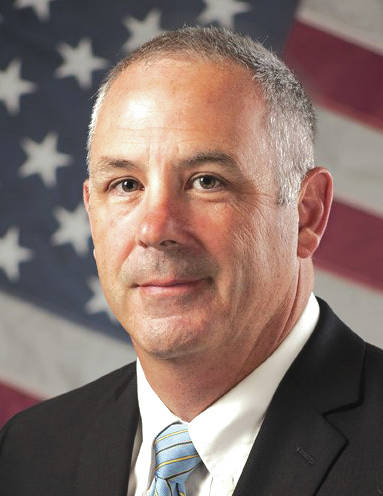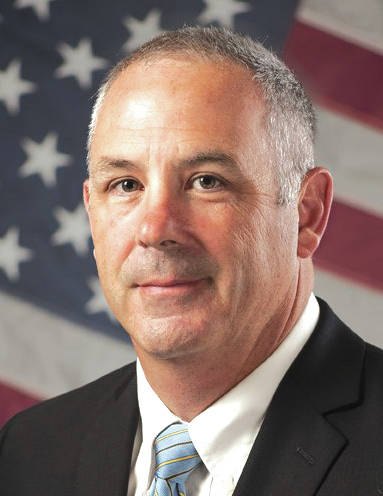Ohio Lawmaker Who Asked If Black People Are More Impacted By COVID Because of Poor Hygiene to Lead State Senate Health Committee
A Republican Ohio state senator who asked last year if Black people are contracting COVID-19 at higher rates because of poor hygiene will head the state Senate health panel.
State Senator Steve Huffman was named by his GOP colleagues as chairman of the Senate’s Health Committee on Jan. 15.

“As a healthcare provider, it is an honor to chair a committee such as this,” Huffman said of his new appointment. “I look forward to working alongside my colleagues to improve health outcomes, eliminate inefficiencies in the programs and reduce the growing cost of healthcare for Ohioans.”
Last year, Huffman, a practicing physician, faced criticism when he questioned whether Black people are more likely to contract COVID-19 because of poor hygiene.
“I understand African-Americans have a higher incidence of chronic conditions and that makes them more susceptible to death from Covid. But why does it not make them more susceptible just to get Covid?” said during a hearing in June. The hearing concerned a proposal to declare racism a public health crisis in the state of Ohio.
“Could it just be that African-Americans or the colored population do not wash their hands as well as other groups? Or wear a mask? Or do not socially distance themselves? Could that be the explanation for why the higher incidence?” he asked.
Huffman expressed regret about his comments soon after he made them, writing in a statement to CNN that he asked the question in an “unintentionally awkward way” and had intended to focus on “why COVID-19 affects people of color at a higher rate.”
The National Urban League reported in August that Black people are 3.4 times more likely to contract COVID than white people.
A study published by BMJ Open found that Black COVID patients are 1.8 times more likely to be admitted to the ICU and receive invasive ventilation than white patients. Black patients were about 1.3 times more likely to die from the virus.
State Rep. Catherine Ingram said Huffman’s comments should disqualify him from being chair of the heath panel.
“Sen. Huffman has shown he is unable to view the health concerns of Black Ohioans in an unbiased and fact-based manner, therefore leaving him unqualified to serve as committee chair,” Ingram wrote in a statement last week. “Serving as chair would give the senator the ability to decide which bills make it to the floor and potentially codify racial prejudice into law.”
Health experts have offered numerous explanations for COVID’s disproportionate impact on the Black community. The Urban League report indicates that Black people are more likely to live in multigenerational housing, which increases risk of exposure for older adults, and less likely to work jobs that allow for remote work. People in the Black community are also more likely to suffer from pre-existing conditions that worsen COVID outcomes.
Despite Huffman’s apparent concern about Black people not wearing face masks, Black American are more likely to wear face masks consistently than other racial groups.
Data released on Thursday by USC’s Center for Economic and Social Research indicates that white Americans are the least likely racial demographic to wear face masks regularly when interacting with people outside of their households.
According to a national sample of 6,000 people, just 46 percent of white respondents said they wore a mask consistently when in close contact with someone from outside their household compared to 67 percent of Black respondents.
Throughout the pandemic, viral videos showing white people in stores and other places of business have been widely shared on social media.
Huffman’s comments weren’t the first time a physician tried to link COVID’s disproportionate impact on Black people to behavior.
In April, former Surgeon General Jerome Adams offered a warning to communities of color as initial data showed the Black community was being hit harder by the virus.
“Avoid alcohol, tobacco, and drugs. And call your friends and family. Check in on your mother; she wants to hear from you right now,” he said.
“And speaking of mothers, we need you to do this, if not for yourself, then for your abuela. Do it for your granddaddy. Do it for your Big Mama. Do it for your Pop-Pop.”
However, CDC and NIH data shows that Black Americans smoke fewer cigarettes per day and drink less alcohol than white Americans.
Huffman lost his emergency room job after making the comments last year.




 (@ShivM_07)
(@ShivM_07)  (@RacistSpotlight)
(@RacistSpotlight)